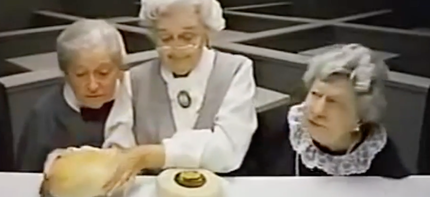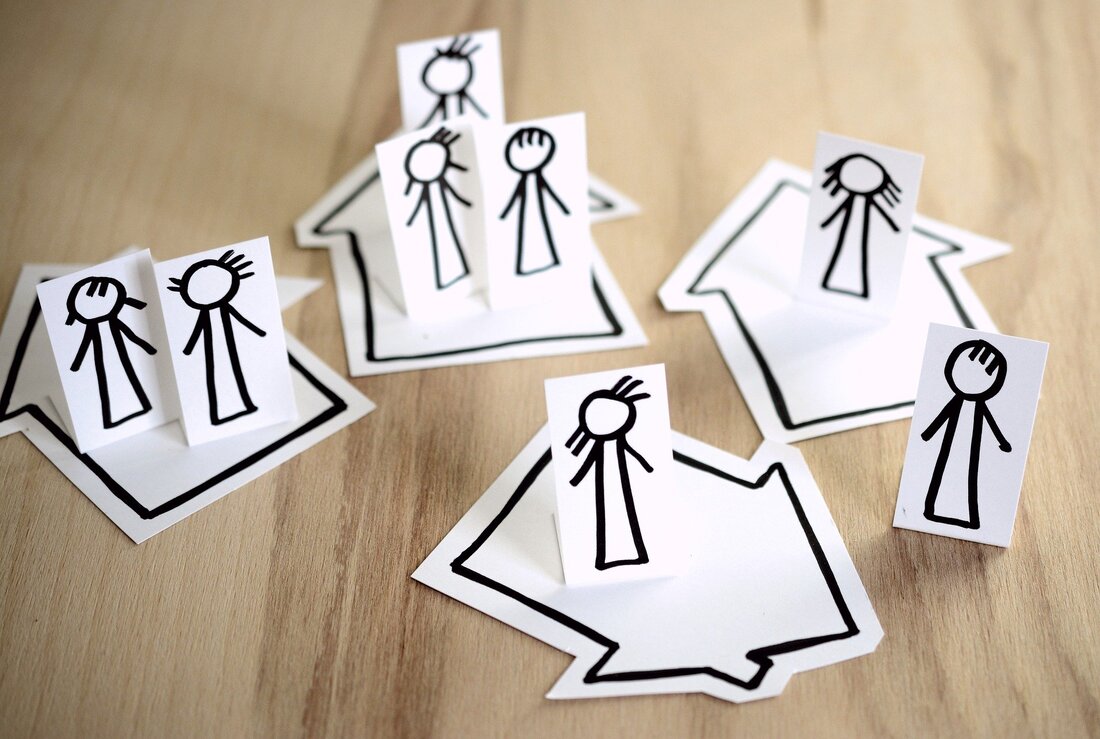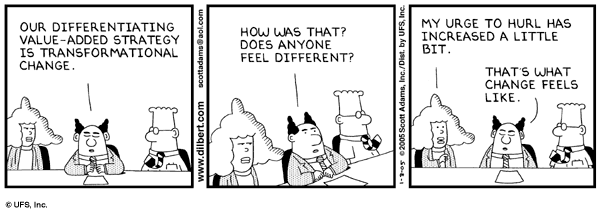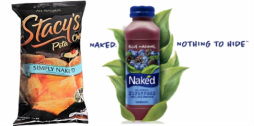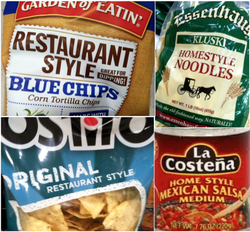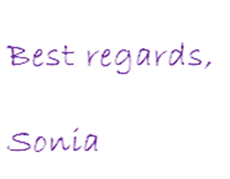'Where's the beef?'
A lot of the time, however, I am creating content. Figuring out what needs to be said, and putting the words on paper. A client will say, “We need to get a message out.” The message is the bun, and it’s my job to make the patty.
Here are three questions to ask before starting your draft
- What’s the point? – What needs to be communicated? Is there a new thing to share?
- What’s the context? – How much background does the audience need?
- What’s the ask? – What action is required and is the deadline clear?
If you tend to agonize over writing or simply don't know how to get started, remember these questions. You'll have your 'beef' in no time.
